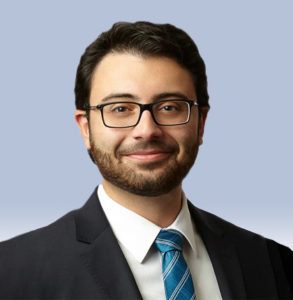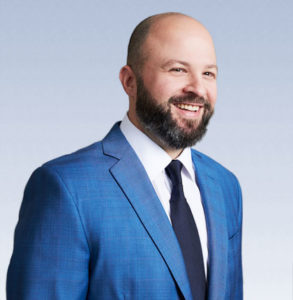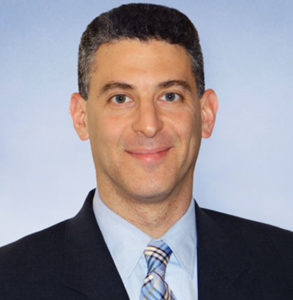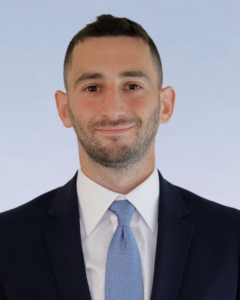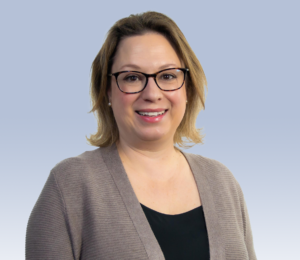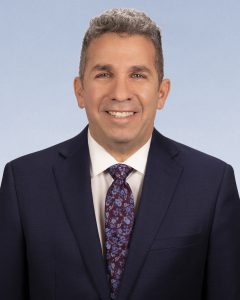Large Firm Service. Small Firm Attention.

SHARE
Millennials and Retirement
Published August 27, 2014
There is an unfortunate paradox in retirement planning: the best time to start saving is when people are least likely to do so: when they are young.
It is not hard to convince people in their 40s and 50s that saving for retirement is important, but saving at that point is so much more effective if one already has a head start from beginning to save in one’s 20s and 30s. The difficulty is that young people have trouble picturing themselves at retirement age, so, by and large, they do not start planning for it.
Behavioral economists call this the “tangibility gap.” For young people, the concerns of today outweigh the concerns of their older, future selves. Unfortunately, that makes it difficult to catch up later.
Fortunately, there is an easy saving tool that many young working people have access to, and it has incentives to save built in. That, of course, is a 401(k) retirement savings account.
A 401(k) is set up to make saving simple. Money in hand is easy to spend, but money that goes straight to a retirement savings account is easy to save. And in the case of an employer-matched 401(k), choosing not to participate means turning down free money, something no one wants to do. Plans vary, but typically an employer will either fully match, or contribute 50 cents on the dollar, for anywhere from 1 percent to 6 percent of employees’ pay contributed to the 401(k). The fact that the contributions are made pre-tax means there is more money to grow through investment, and withdrawals are often taxed at a lower rate in retirement, when one may be in a lower tax bracket.
Truth be told, there are many young workers who do not take advantage of even employer-matched 401(k)s, and that is a mistake. Young people who do start building their 401(k)s will find it much easier to fund a comfortable retirement when the time comes.
Was this article of interest to you? If so, please LIKE our Facebook Page by clicking here.
Categories
Recent Posts
Explore In-Depth

Corporate & Securities

Elder Law & Estate Planning

Special Needs Planning

Special Education Advocacy


